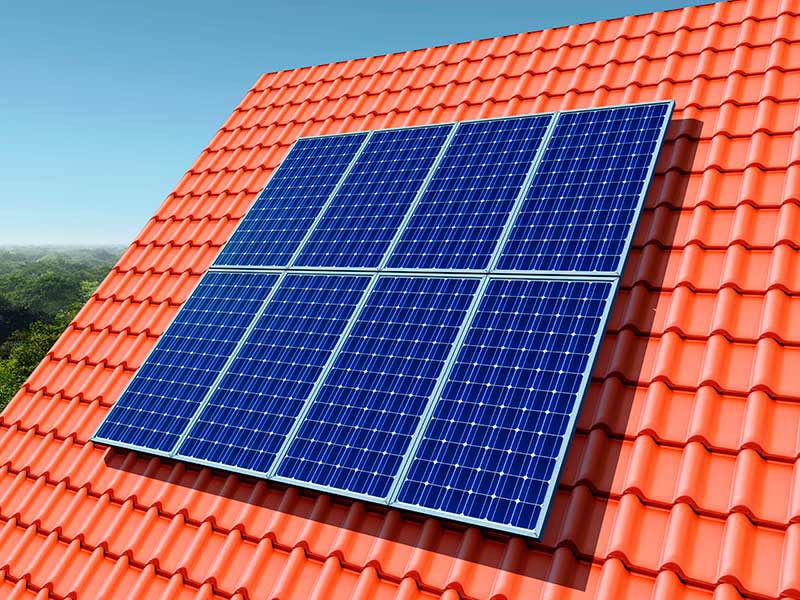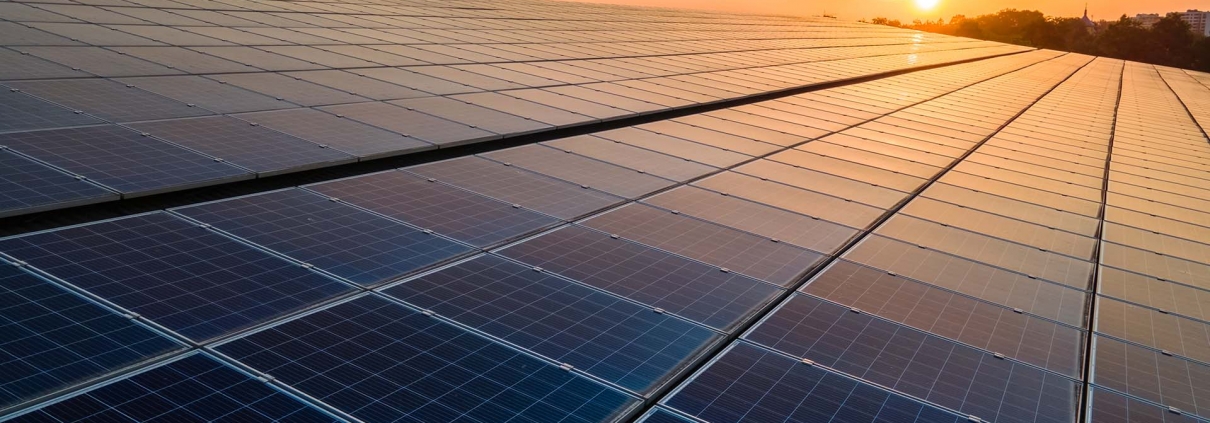Learn about the long-term benefits of using Solar Panels for power.
Learn about the long-term benefits of using Solar Panels for power.
Blog Article
Make Best Use Of Energy Financial Savings With High-Quality Solar Panels
Maximizing power cost savings through the usage of top quality solar panels is a diverse approach that requires mindful factor to consider of modern technology, installment, and upkeep. Choosing high-efficiency alternatives, such as monocrystalline panels, can substantially improve electrical power generation, while durability and guarantee terms play an essential duty in long-term economic stability.
Advantages of Solar Power
The advantages of solar power are numerous and substantial, making it an increasingly attractive option for both household and business applications. Among the primary advantages is its prospective to minimize electrical energy bills. By harnessing sunshine, property proprietors can create their very own power, lowering reliance on typical utility resources and inevitably bring about substantial cost savings.
Another essential advantage is ecological sustainability. Solar power is a tidy, renewable energy that aids to reduce greenhouse gas exhausts, adding to a decrease in air contamination and environment change. This lines up with global efforts to transition towards even more sustainable power options.
Additionally, solar energy systems can enhance building value. Residences and companies equipped with photovoltaic panels usually have higher resale values, interesting environmentally-conscious customers and financiers. Furthermore, federal government incentives, such as tax obligation credit reports and rebates, can balance out installment expenses, making solar power even more financially feasible.
Finally, solar modern technology promotes power self-reliance. By investing in solar power, individuals and organizations can decrease their susceptability to changing energy prices and supply disruptions, fostering better control over their power sources. Collectively, these benefits underscore the engaging factors to take into consideration solar power options.
Picking the Right Solar Panels
Picking the ideal photovoltaic panels is a crucial step in optimizing the efficiency and benefits of a solar energy system. When examining photovoltaic panels, several elements must be taken into consideration to ensure optimal performance and long-lasting financial savings.
First, assess the panel's efficiency rating, which suggests exactly how properly it transforms sunshine right into electricity. Higher efficiency panels may have a higher in advance expense however can create more energy in minimal room. Next off, check out the warranty used by the supplier; a much longer service warranty normally mirrors a higher degree of confidence in the item's durability and efficiency.
In addition, take into consideration the sort of solar panel technology. Monocrystalline panels are understood for their high performance and space-saving layout, while polycrystalline panels often tend to be a lot more budget friendly yet slightly less reliable. Bifacial panels, which capture sunlight from both sides, are likewise acquiring popularity for their prospective to enhance power output.
Last but read the article not least, carry out a detailed review of independent efficiency rankings and client evaluations to assess reliability and satisfaction. By thoroughly considering these factors, home owners can make educated options that align with their power requirements and financial objectives, inevitably boosting the roi for their solar power systems.
Comprehending Installation Prices
Comprehending the costs related to installing photovoltaic panels is important for property owners seeking to purchase renewable energy. The overall installation price can differ significantly based upon several variables, including system dimension, panel type, installment complexity, and geographical location.
Commonly, the expense is relied on a per-watt basis, with typical rates ranging from $2.50 to $3.50 per watt prior to any rewards. A basic household system might set you back in between $15,000 and $25,000, depending upon power needs and the selected parts.
In addition to the panels themselves, home owners need to think about expenditures connected to inverters, installing equipment, and electrical upgrades. Labor expenses additionally play an essential function, as specialist installation makes sure conformity with safety requirements and neighborhood regulations.

Inevitably, recognizing these installation costs and prospective economic advantages is essential for property owners to make educated choices concerning transitioning to solar power.

Upkeep for Long-Term Savings
Preserving photovoltaic panels is critical for making the most of long-lasting power financial savings and making certain the system operates at peak efficiency. Routine maintenance involves several crucial methods that can dramatically improve the durability and efficiency of solar setups.
First, regular examinations need to be conducted to identify any physical damage or wear, such as cracks or loose connections. Cleaning the panels is also vital, as dust, dirt, and debris can obstruct sunlight, decreasing energy output (Solar Panels). their explanation It is recommended to clean the panels a minimum of twice a year, or more frequently in areas with high degrees of dirt or air pollution
In addition, checking the system's efficiency with a surveillance software program can supply real-time information on power manufacturing and sharp home owners to any kind of abnormalities. This positive technique permits timely repair work, reducing downtime and maintaining optimum power generation.
Ecological Effect of Solar Power
The ecological influence of solar power extends much past its instant benefits of lowering power expenses and reliance on fossil gas. By harnessing sunlight, solar energy substantially decreases greenhouse gas emissions, thus mitigating environment change. Unlike standard energy sources such as coal or gas, solar power generation does not generate air contaminants, adding to boosted air quality and public wellness.
In addition, solar energy advertises biodiversity by decreasing the demand for fossil gas extraction, which commonly interrupts ecosystems and environments. By transitioning to renewable resource resources, we can preserve natural landscapes and protect threatened varieties from environment loss.
The life cycle of photovoltaic panels additionally offers a lower ecological impact compared to standard power resources - Solar Panels. While making photovoltaic panels entails some source use and emissions, advancements in modern technology and recycling procedures are constantly lowering these impacts. In addition, the long-term benefits of solar power-- such as reduced reliance on limited resources-- far exceed these first costs
Conclusion
In recap, the adoption of top notch photovoltaic panels offers substantial possibilities for power financial savings and ecological advantages. By picking appropriate technologies, such as monocrystalline panels, and guaranteeing efficient installation, property owners can enhance power generation in restricted areas. Furthermore, comprehending installation costs and maintenance requirements further contributes to lasting financial savings. The critical placement of photovoltaic panel options with energy needs and government motivations boosts return on financial investment, advertising sustainability and decreasing reliance on conventional power resources.
Report this page